Relationships and major depression
A strong social network can help you manage this mental illness.
Updated on August 8, 2024
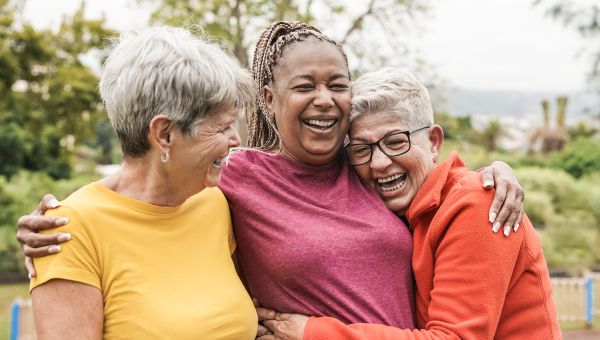
At times, symptoms of major depression can make you feel lonely. You may be uneasy about socializing, so you limit contact with others. But it works both ways: Being alone can also make you feel more depressed. This can cause you to withdraw further.
One effective way to disrupt this pattern is to have people in your life who you trust and feel comfortable being around.

The Size Of Your Social Network
Your depression social network can be your shelter from a storm. When it comes to these relationships, it's about quality, not quantity. For many people, it’s better to have one or two loved ones to reach out to at any time, who want the best for you (and vice versa). They can provide more support than dozens of friends and family members who aren’t close.
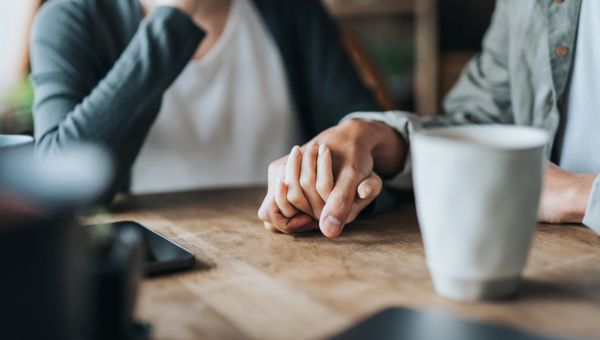
How Relationships Help With Depression
Bert Uchino, Ph.D., is a psychologist and professor of health psychology at the University of Utah. Based on his studies of how social life affects health outcomes, Uchino says having emotionally supportive relationships can help you think in ways that make problems seem less severe. In some cases, they can help you see that problems are really non-problems.
"By having a secure relationship and feeling loved, people live much more secure, calm lives," Uchino says. This often has a ripple effect. It can strengthen your sense of well-being, purpose, and meaning. It can also reduce anxiety, fear, and risk of substance abuse.
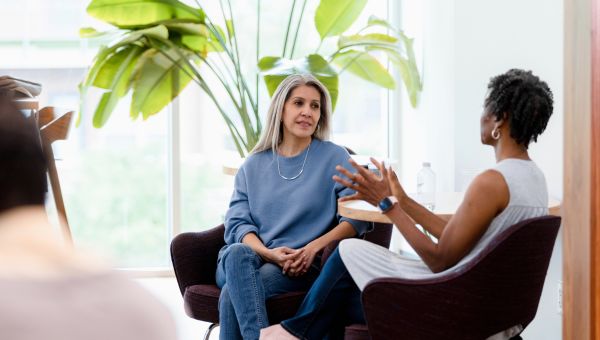
Getting Social Support From Many Sources
All relationships are different. Each one serves a different purpose in your life and in your depression recovery. Friends, family, neighbors, and coworkers provide social support on an informal and ongoing basis.
But when you need more formal or structured support to help ease symptoms or make progress in overcoming depression, you'll want to turn to members of your healthcare team. These can include counselors, psychologists, psychiatrists, clergy, or therapy or support groups. (More on this later.)
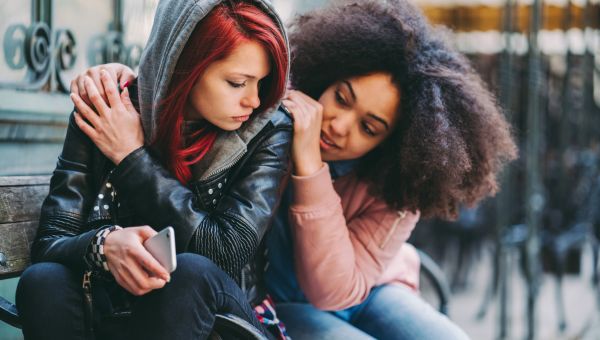
What Does Social Support Look Like?
Social support for major depression from friends, family, and your healthcare team can be practical and tangible. It may include running errands or making meals. Or, it can be emotional. It can provide comfort, companionship, feedback, advice, and a sense of belonging as you work to overcome depression.
According to Uchino, "Friends and supportive people can make life easier on a basic, everyday level. They may also help you indirectly by making you feel you have something to live for."
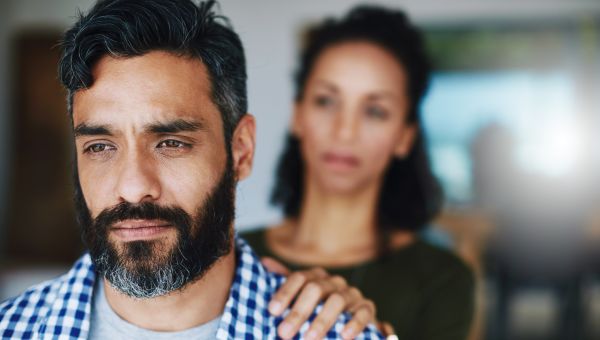
Building Stronger Relationships
Keep these tips in mind as you keep building good relationships.
- It's important to be open and honest. Don't keep your feelings bottled up. This can lead to frustration, resentment, and misunderstandings. Remember, talking through problems helps defuse them.
- Look for opportunities to express gratitude and say, "Thank you" or "You mean a lot to me." Letting friends and family know they're important can help keep their support strong when you need it.
- Forgiveness, whether spoken or silent, can also help.
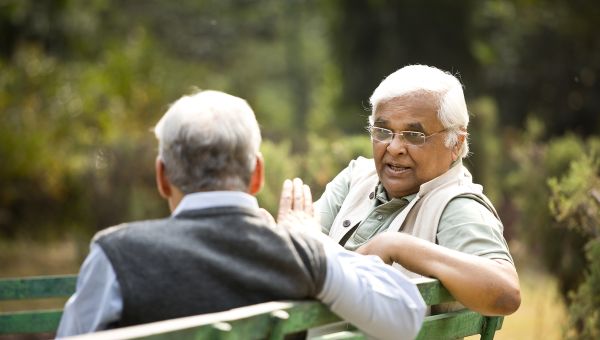
Improving Communication
Taking these steps will help friends and family feel valued and help you connect.
- Make it a point to remember what's going on in your friends' lives and ask for updates.
- Be curious, ask questions. Then listen and absorb, giving them your undivided attention.
- Maintain eye contact, talk about similar experiences you've had, and share details about your life.
- Pay attention to your friends' facial expressions, body language, and comments.
- Know that what you say or do affects your friend and your relationship.
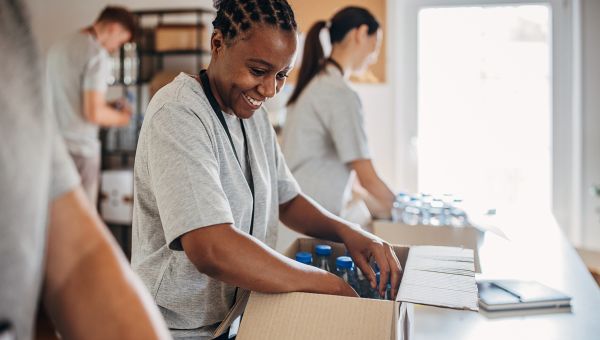
Building Your Social Network
Form friendships with people who share your goals or interests. Here are two examples:
- Find an exercise buddy. Take yoga classes, train for a walk or race, or do laps at the local mall. You'll get to know each other while you work out.
- Volunteer your time. Hospitals, places of worship, community centers, and other groups often need help. You can form strong connections with other volunteers. And the benefits of helping other people adds to your well-being.
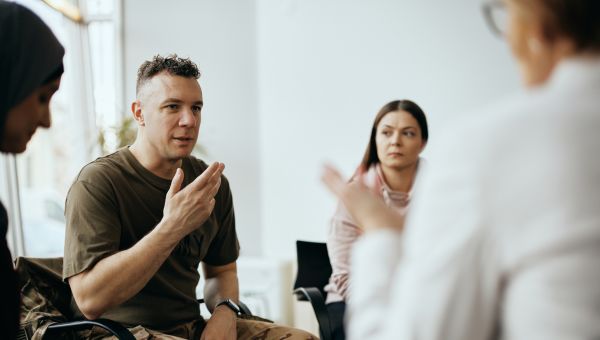
Therapy For Social Support
There may be times when you prefer to get social support in a more formal setting, such as a depression support group led by a therapist or counselor. Therapy or counseling can provide you with support for depression symptoms, as well as a safe place to share and receive feedback on depression-related challenges.
The first step is to be honest with yourself and your healthcare provider (HCP) about how symptoms of depression are affecting your life. Together, you and your HCP can determine what else is needed for your treatment plan.

U.S. Department of Health and Human Services. Our Epidemic of Loneliness and Isolation: The U.S. Surgeon General’s Advisory on the Healing Effects of Social Connection and Community. 2023.
Mental Health Foundation (UK). Friendship and mental health. Updated August 13, 2021.
Mind.org (UK). Depression: How can friends and family help? April 2023.
Mayo Clinic. Depression: Supporting a family member or friend. April 5, 2023.
More On


video

article

slideshow

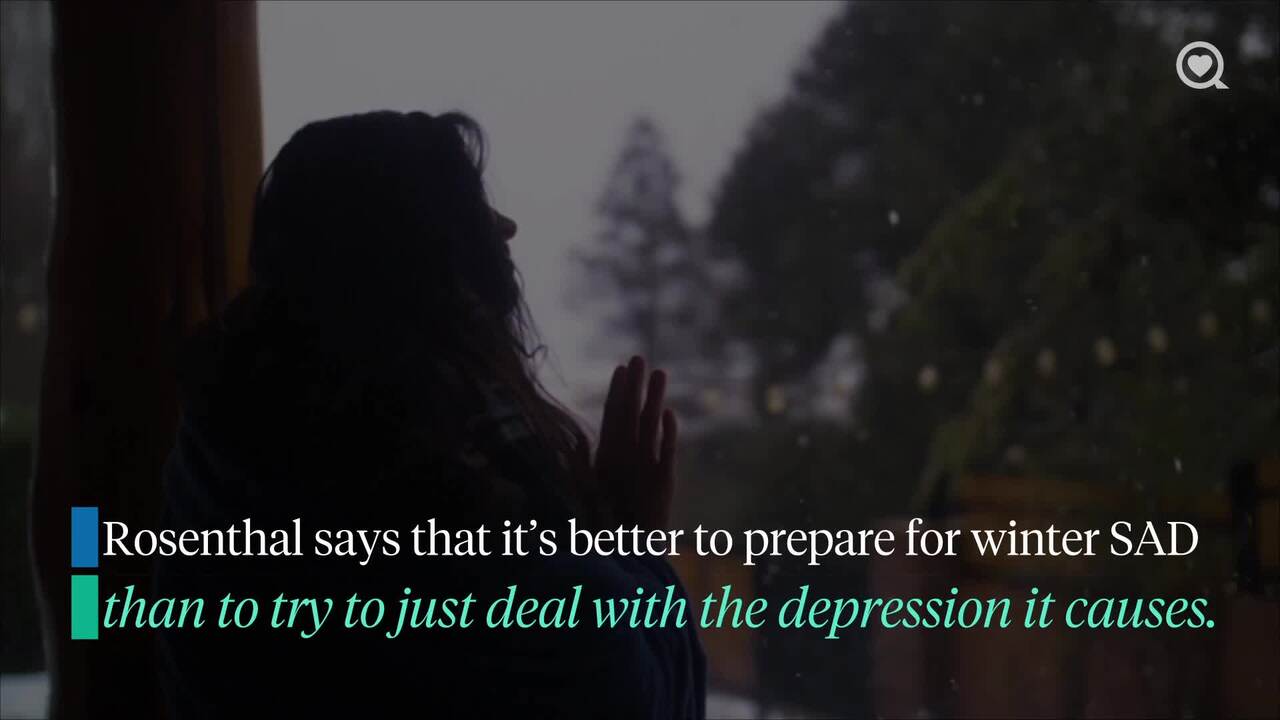
video


video
